Turtle Bay & Turtle Rescue
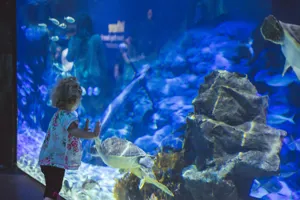
Turtle Bay
SEA LIFE Kelly Tarlton's is New Zealand's only turtle hospital. Working in conjunction with the Department of Conservation (DoC) and the New Zealand Centre for Conservation Medicine (NZCCM), it is our aim to rescue and release as many sea turtles as we can!
Sea turtles are ancient creatures – the earliest fossil record dates back to 2.5million years ago! This means that they were here before the dinosaurs, survived mass extinction events and were present for the evolution of birds.
Today, all seven species of marine turtles are either endangered or critically endangered. This means that it is absolutely crucial to the survival of the species that we protect and help them any way that we can.
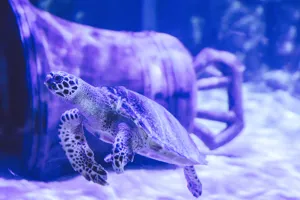
Our turtle species
Of the seven marine turtle species, 5 are found in New Zealand waters they are either endangered or critically endangered. Experiences like Turtle Rescue help educate the broader public on how their behavior in and around the water can impact local marine life.
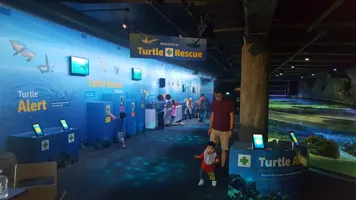
Turtle Rescue
Did you know that Sea Life Kelly Tarlton's is the only place in New Zealand that works with rescued turtles? For over 20 years we have been making sure that the sick turtles that wash up on beaches all around New Zealand return back to the wild fully fit! Now, you get to experience how we work with these amazing creatures in our all new-new interactive zone, Turtle Rescue.
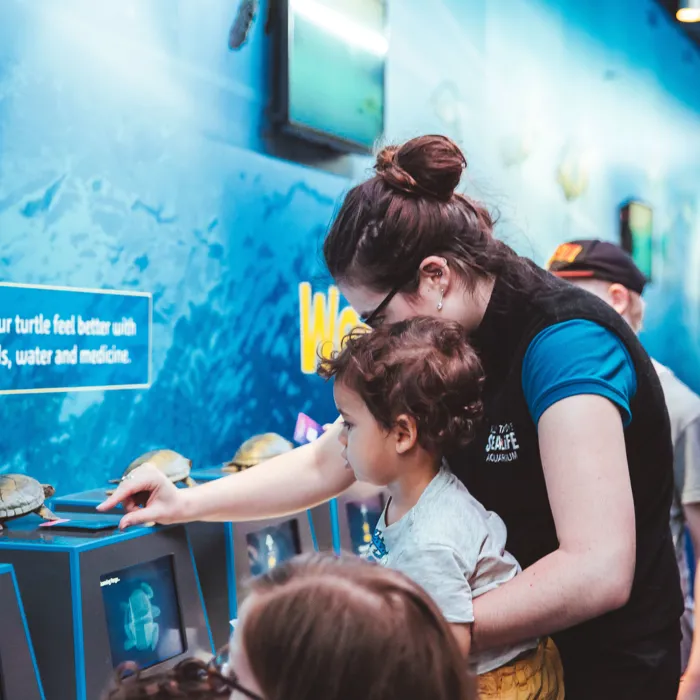

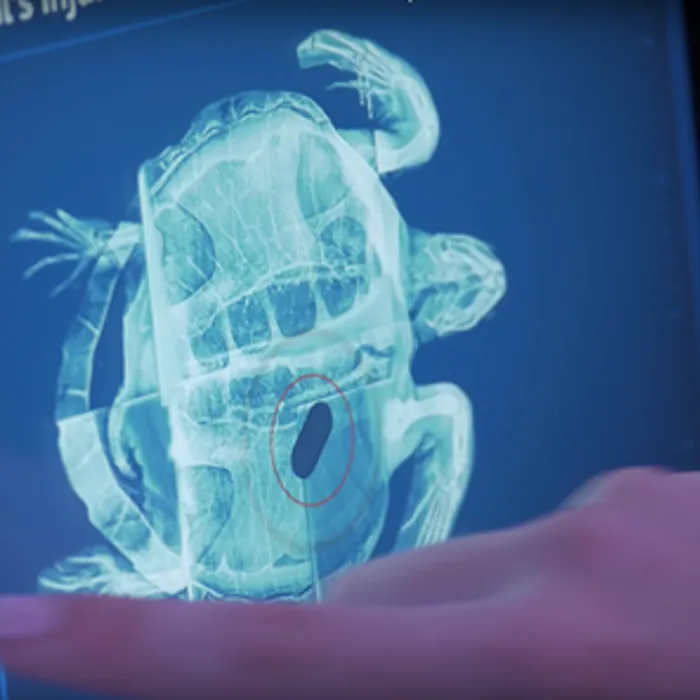
Interactive Experience
Using state-of-the-art technology, Turtle Rescue is an interactive experience, where guests can become a turtle care expert, as they embark on a journey to understand what is involved in successfully rehabilitating a turtle. The inspiration behind Turtle Rescue was to create an experience that not only educates the public on the journey behind turtle rehabilitation but was also hands-on so people of all ages could go through the journey with us. The experience emulates the dedication and hard work carried out by our talented team in our turtle rehabilitation centre.

Turtle Release
We specifically release turtles during the summer months because of their preference for warmer waters. They are taken further North and released into an off-shoot of the East Australian Current (EAC). This current carries warm water from the tropical regions and gives our turtles the best chance of survival. As sad as it is to say goodbye, every turtle we release is a chance for the future of the entire population!
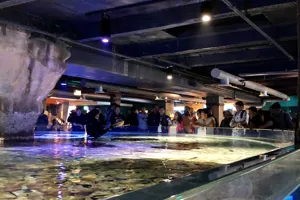
Turtle Talk
Turtle Talks are available throughout the day at Turtle Bay. Make your aquarium experience even better, join our expert team for a feed or talk.
Find out more
How you can help?
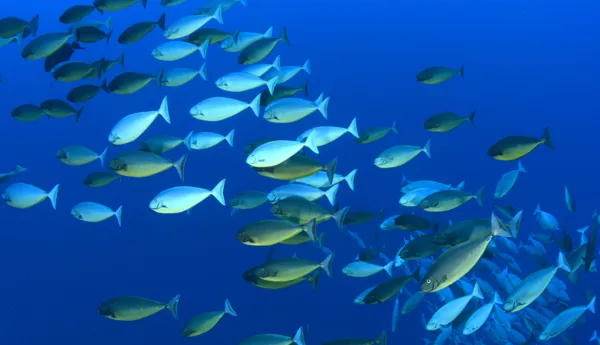
Support sustainable fisheries
Next time you are buying sea food, why not look to see how it is caught? Trawling vessels catch anything and everything, including turtles! By supporting fisheries that use more sustainable methods, we are helping to ensure that turtles and other non-target species will still be in our oceans in years to come. Sea food from a sustainably caught source will normally display a tick of approval – look out for this the next time you go shopping!
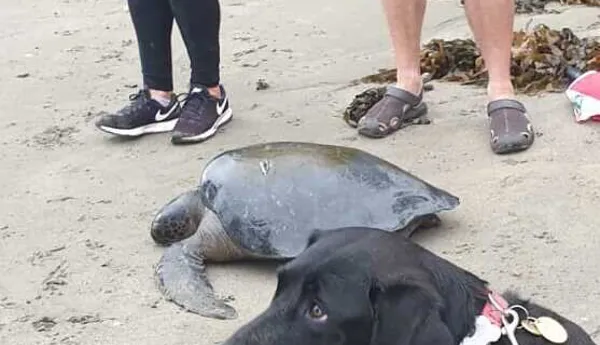
What should I do if I found a turtle on a beach?
The correct thing to do would be to give the turtle space and ensure no other people or animals were bothering it. You would then call DoC on 0800 DOC HOT (0800 362 468) – they will assess and rescue turtles if necessary.

How do you do your part?
We can all do or part to help protect these amazing animals. Currently, the biggest threat is plastic – which is also something that we can all quite easily do something about. Reduce your plastic use, or better yet, stop using it all together by making some simple choices. Use cloth bags for your groceries, use a water bottle and buy a “keep cup” for your coffee! These small changes can make a big difference, not only for turtle but the entire marine environment!